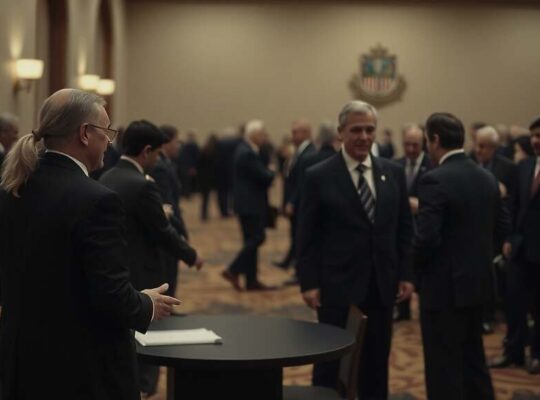Cautious Optimism Surrounds Gaza Negotiations as Hamas Re-evaluates Strategy
Negotiations for a ceasefire in the Gaza Strip are currently displaying a degree of promise, according to conflict and peace researcher Thorsten Bonacker of Marburg University. Speaking to the German news portal “Watson” on Tuesday, Bonacker expressed a measured optimism, suggesting a shift in dynamics that may be driving Hamas towards the negotiating table.
The researcher posits that Hamas appears to be recognizing the diminishing likelihood of achieving strategic gains through continued military action. This realization, coupled with Israel’s apparent accomplishment of its core objectives, is creating a window of opportunity for de-escalation. While Israel has publicly maintained its commitment to dismantling Hamas, Bonacker suggests that military analysts within Israel harbor doubts about the feasibility of a conclusive victory, further contributing to the impetus for a negotiated settlement.
However, the success of these talks hinges on a critical condition: Hamas’s willingness to disarm and relinquish control within Gaza. Achieving this requires delicate wording and compromise to preserve the organization’s dignity and facilitate agreement. The process transcends mere agreement on terms; it demands the construction of trust between the opposing sides. A promising avenue for fostering this trust would involve reciprocal actions, such as the release of hostages held by Hamas and the transfer of Palestinian prisoners from Israeli jails.
Bonacker emphasizes that a sustainable cessation of hostilities, maintained by both Israel and Hamas, is paramount. Despite external support from Arab nations, the underlying situation remains deeply fragile and the ultimate outcome heavily reliant on Hamas’s strategic decisions. The path toward a lasting truce demands a nuanced approach to crafting concessions acceptable to all parties and a renewed commitment to building trust where it has been severely eroded.












